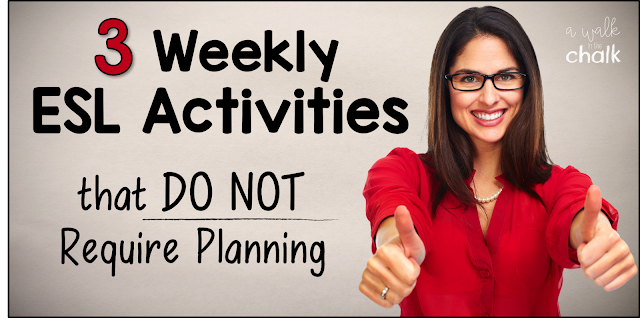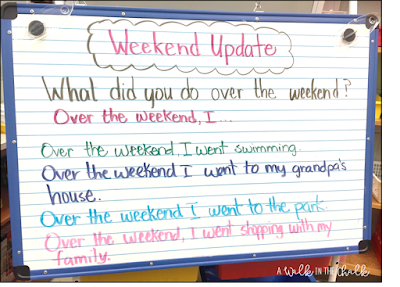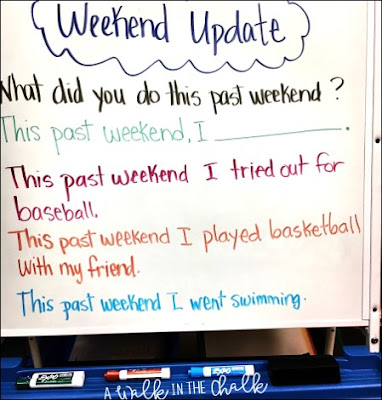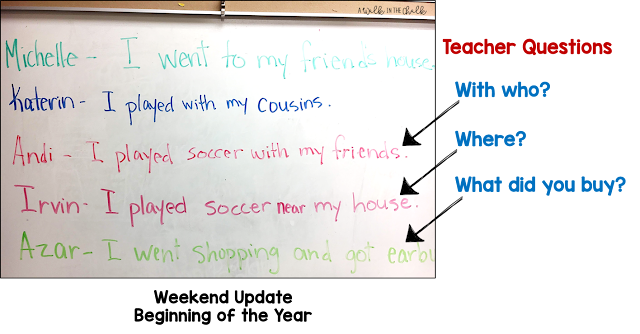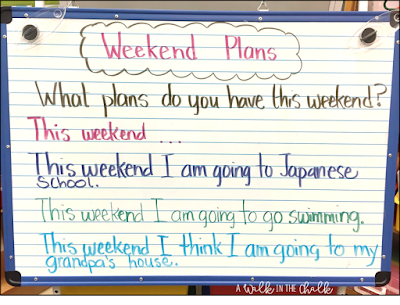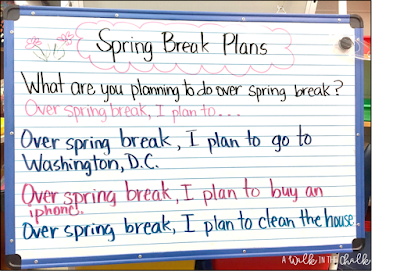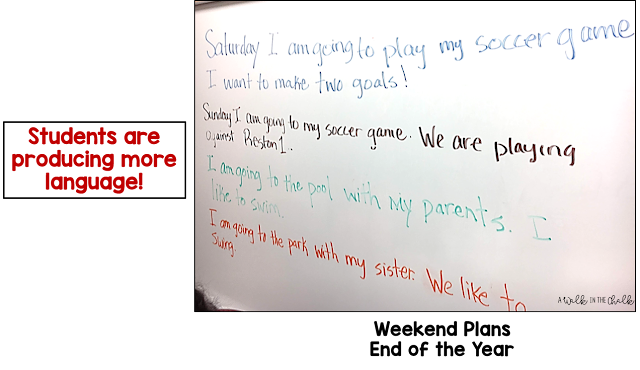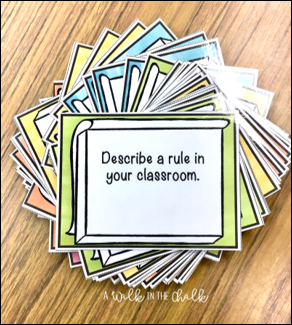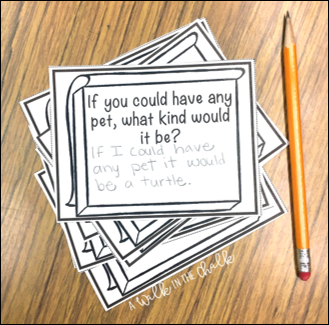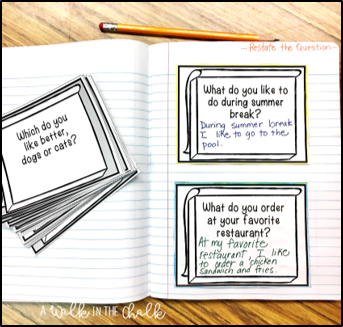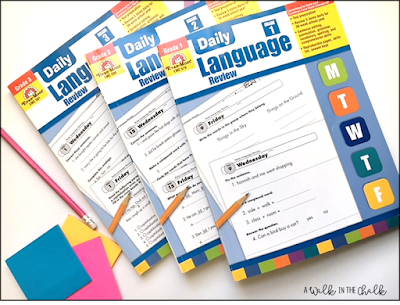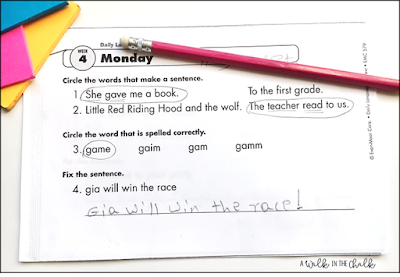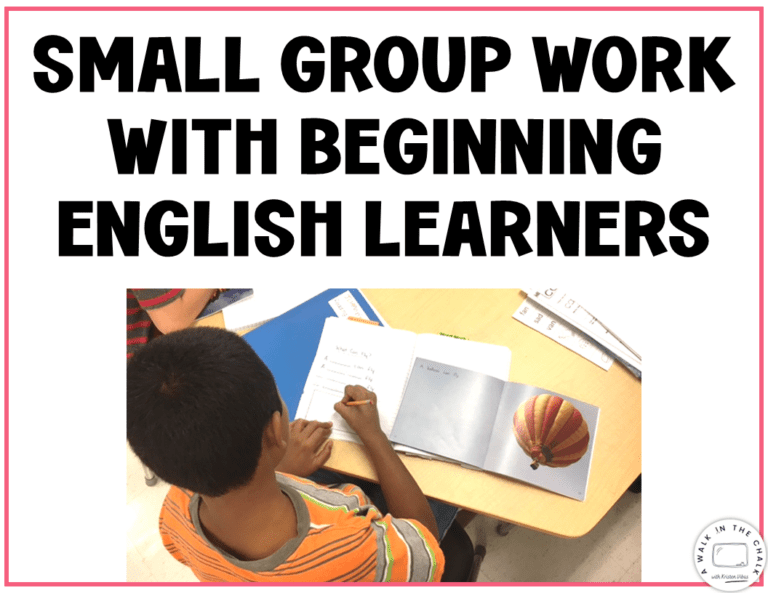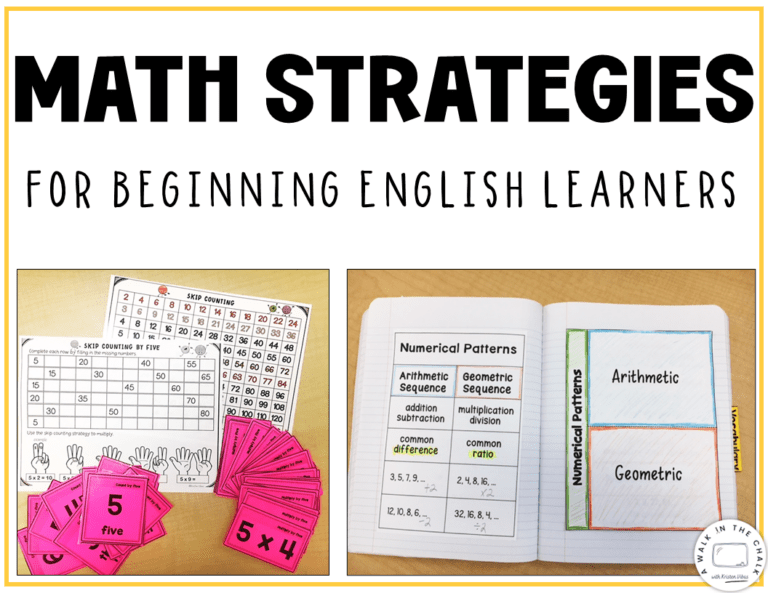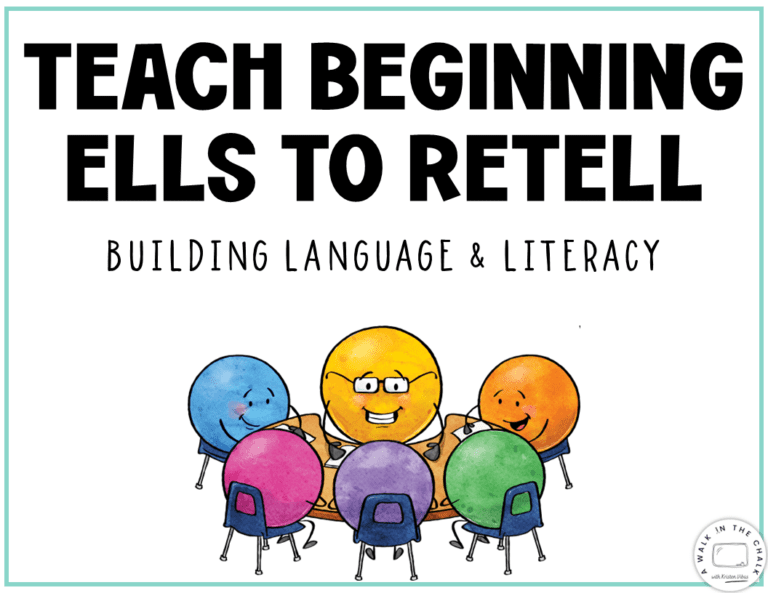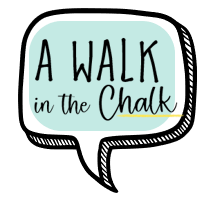Let’s face it, when planning weekly lessons, having a few “go-to” activities on deck can make the task of planning much easier. These are not just “fillers,” but tried and true activities that are meaningful, fun and effective at building language. Here are three weekly language building activities that do NOT require planning time.
1- Weekend Update/Weekend Plans
This is an awesome activity for beginning and intermediate English learners to build speaking and writing skills. Weekend Update (WU) is usually a Monday activity, and Weekend Plans (WP), a Friday activity. For my beginners, who I see everyday, I do both. For some of my groups, who I meet with only a few times a week, I’ll pick one or the other.
Weekend Update – I want to know what my students did over the weekend, and I want them to practice oral language using past tense verbs. Once I ask the question, “What did you do this past weekend?” or “What did you do over the weekend?” students take turns answering the question. I provide a sentence starter for my beginners. Then, I repeat their sentence back to them using correct grammar, and help with any basic vocabulary, as needed. Next, I write their sentence on the board. Lastly, they copy their sentence into their notebook. I like to write each student’s response in a different color marker so that they can easily distinguish between the sentences on the board.
Depending on a student’s level of language proficiency, I might ask clarifying questions in order to get a few more details from him or her. I want to push them to use more language, if they are able.
Weekend Plans – It’s the same concept as Weekend Update, but with this activity I want to know what plans they have for the weekend, or what is something they would like to do over the weekend. I also want them to practice oral language using future tense. So the process is the same as WU, just done towards the end of the week, usually on Thursday or Friday.
My students really love this activity; and I’d better not forget to put it in my plans, otherwise they WILL let me know! So as a warm up activity or a closing activity, simply write WU or WP in your plan book and know that 7-10 minutes is going to be this fun and engaging weekly activity.
*As my students’ language skills progress, I like to find ways to challenge them. For example, after everyone has shared their update or plans, I’ll ask students to tell me what one of their classmates did over the weekend, or what one of their classmates plan is for the weekend. NOW we are practicing listening and reading skills PLUS using appropriate pronouns! There are lots of ways to modify this activity to either simplify or to challenge students!
As a bonus, this activity is a great way to build relationships. You get to know your students better, and as you share things about your weekends, they get to know you too:)
2- Restate the Question
Students need to be able to restate a question, or a prompt, when responding either orally or in writing. This is especially important for their annual language assessments (WIDA ACCESS). For this activity, the objective is put the question in the answer. This will require some modeling at first.
Once a week, I incorporate a 10 minute Restate the Question (RQ) activity into my weekly plans. I change it up from time to time, so that students stay engaged. (For groups that I see less often, it may be a quick 5 minute activity.) Here are a few examples of how I incorporate it.
Oral Activity– I use activity cards. I place the cards in the middle of the table, and either I’ll pick up and read the question, or I’ll have them do it. Then, they take turns responding to their card, being sure to restate the question or prompt in their responses. My students love this activity too! When it’s time to put away the cards, they often ask to “play” a little longer.
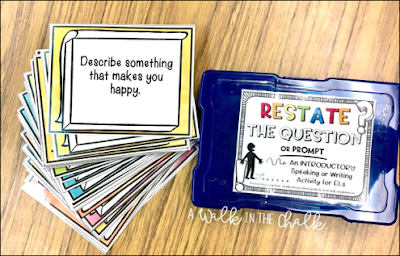
Writing Activity – Give students a question or prompt, either printed out or written on the board. If printed out, I have my students glue it into their notebooks. Then have them respond in writing. Afterwards, I ask students to share their responses.
This is a designated weekly activity when we purposefully focus on building this skill, however, this skill is informally practiced throughout the week.
Click HERE for “Restate the Question” cards.
What if students don’t yet have enough language? Start with very basic questions.
What’s your name?
My name is _______.
Do you like pizza?
Yes, I like pizza. Or… No, I do not like pizza.
How old are you?
I am ____ years old.
Where are you from?
I am from _____.
Using sentence frames is another great way to give beginners the practice they need. For example:
Question: What is the problem in the story?
Sentence Frame: The problem in the story is _________________.
Question: What did the story remind you of?
Sentence Frame: The story reminded me of __________________.
Restating the question is an important skill. This past year I made time for it in my weekly plans and I saw great progress with my students.
3- Daily Language Review
I use this resource a lot with my beginners and intermediate level students. It’s a daily activity, most days, so I know that 5 minutes will include this “warm-up” style activity. Although there is no planning involved, there is some printing. But that’s OK. I spend 15 minutes a week printing out what I need, then I cut and staple. That’s it! I’m ready for the week! The student pages are a half page booklet with 5 days worth of activities, usually only about 4 or 5 short questions per day.
Since my students are learning the basic concepts of English grammar, writing mechanics and spelling, we do this activity together. We walk through it as a group and we talk about it. I often use it as a jumping off point for skills that need more attention. I can either go more in depth right then, or take note that I need a lesson on a particular skill for a future lesson. It has a little bit of everything, and it helps to expose my students to many of the skills they’ll need as their English progresses. As the year goes on, I may have them do parts of it by themselves, like “Fix the Sentence” before going over it whole group, but for the most part this activity is heavily supported by the teacher.
Full disclosure, I don’t get to this everyday. If we have a lot to do in other areas, this might get pushed to the side, but students will often ask me if they can try to do it on their own in their general education classroom. Of course I say YES!!! I love it when they ask me that question!
***********************************************
My students enjoy all three of these activities, they really do. I can honestly say that each one has proven to be fun, engaging and effective in building my students’ language skills. These are my go-to weekly activities that I do not need to plan for; and you can bet that they will be in my lesson plan book. I simply write WU, WP, RQ and DLR on the days, and for the groups, that I want them, and that’s it! It makes planning out my whole week, for all of my groups, much easier.

(As an Amazon Associate I earn from qualifying purchases.)
